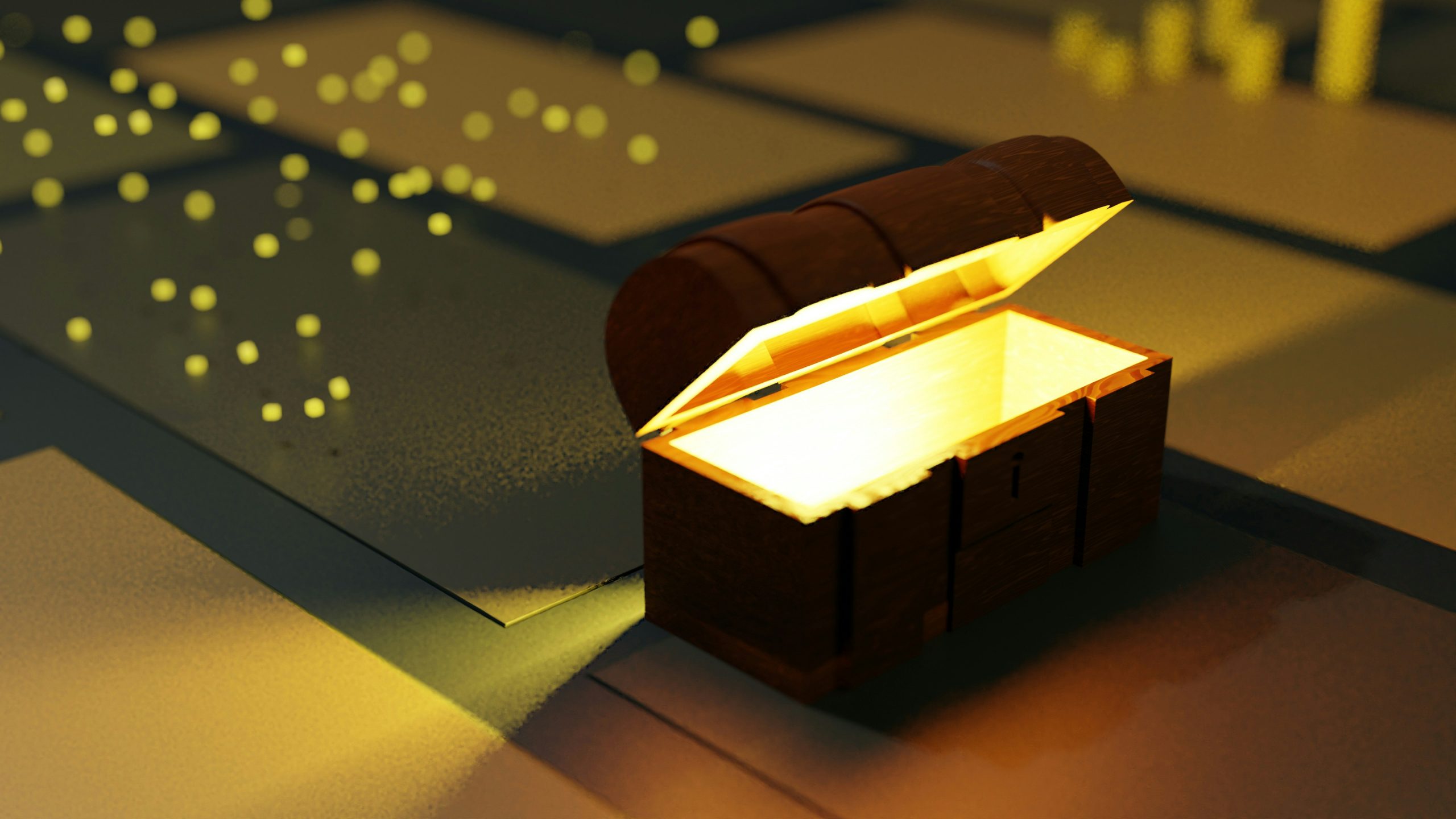“All praise is to Allah. We praise him, we seek His help, His forgiveness, and we seek refuge in Allah from the evil within ourselves and of our actions. Whomsoever Allah guides, none can misguide him. Whomsoever Allah leads astray, none can guide him.
I testify there is no God but Allah alone, without any partners, and that Muhammad, peace and blessings be upon him, is His servant and messenger.”
Welcome to the Friday Khutbah! A weekly series on the AlMaghrib Journal, based on sermons delivered by our esteemed instructors! We hope you find it beneficial!
Allah ﷻ says in His noble Book:
تَبارَكَ الَّذي بِيَدِهِ المُلْكُ وَهُوَ عَلى كُلِّ شَيْءٍ قَديرٌ
“Blessed is He in whose hand is the dominion, and He is over all things competent.”
(Quran, 67:1)
Allah is ‘tabarak’; He is blessed, and He is the source of all barakah. This raises fundamental questions that every believer should contemplate:
What exactly are blessings? How can we live a blessed life? How do we increase the blessings in our lives?
The answer lies in understanding that Allah ﷻ is the one who makes places blessed, people blessed, and actions blessed. Allah ﷻ is the ultimate source of barakah, which scholars define as “ziyadatul khair” – increased good or multiplication of benefit.
To understand barakah practically, imagine accomplishing double your normal productivity in the same timeframe. When you reflect on a day and realize you achieved far more than usual in your typical 12, 14, or 24 hours, you recognize that this day had barakah in it. This is the essence of divine blessing – the miraculous multiplication of benefit and good.
Blessed Places: Sanctuaries of Divine Grace
Allah has designated certain places as inherently blessed. The greatest of these is Makkah, about which Allah says:
إِنَّ أَوَّلَ بَيْتٍ وُضِعَ لِلنّاسِ لَلَّذي بِبَكَّةَ مُبارَكًا وَهُدىً لِّلْعالَمينَ
“Indeed, the first House [of worship] established for mankind was that at Makkah – blessed and a guidance for the worlds.”
(Quran, 3:96)
Jerusalem (Al-Quds) also holds special blessed status. In Surah Al-Isra, Allah ﷻ describes not only Al-Masjid Al-Aqsa as blessed – may Allah ﷻ liberate it – but extends this blessing to all its surrounding areas.
سُبْحانَ الَّذي أَسْرى بِعَبْدِهِ لَيْلاً مِّنَ المَسْجِدِ الحَرامِ إِلَى المَسْجِدِ الأَقْصا الَّذي بارَكْنا حَوْلَهُ لِنُرِيَهُ مِنْ آياتِنا إِنَّهُ هُوَ السَّميعُ البَصيرُ
“Exalted is He who took His servant by night from al-Masjid al-Haram to al-Masjid al-Aqsa, whose surroundings We have blessed, to show him of Our signs. Indeed, He is the Hearing, the Seeing.”
(Quran, 17:1)
The entire region of Al-Sham is blessed, as we learn from the authentic hadith of Rasulullah ﷺ.
Medina, the city of the Prophet ﷺ, also enjoys blessed status through prophetic supplication. The Prophet ﷺ explained that just as Ibrahim made dua for Mecca and declared it a sanctuary (haram), he too was making Medina a sanctuary and supplicating that Allah sﷻ place twice the amount of barakah in Medina as exists in Mecca.
The manifestation of these places’ blessedness becomes evident in the multiplication of prayer rewards: in Mecca, prayers are rewarded 100,000 times; in Medina, 1,000 times; and in Al-Quds, 250 times the normal reward.
Blessed People: The Prophets and Their Legacy
Allah makes certain people blessed, and foremost among them are the Prophets. Jesus (Isa) alayhi as-salam said, as recorded in the Quran:
وَجَعَلَني مُبارَكًا أَيْنَ ما كُنتُ وَأَوْصاني بِالصَّلاةِ وَالزَّكاةِ ما دُمْتُ حَيًّا
“And He has made me blessed wherever I am, and has enjoined upon me prayer and zakah as long as I remain alive.”
(Quran, 19:31)
Prophet Muhammad ﷺ was the most blessed of all creation.
The evidence of the Prophet’s ﷺ personal barakah is demonstrated in numerous ways. During his final illness, Aisha would recite the protective verses (ma’udatayn) that the Prophet ﷺ used for protection and healing, reading them into his own hands and wiping them over his body specifically because of the blessedness inherent in his person.
The Companions understood this blessing so profoundly that they would collect anything from the Prophet ﷺ – whether it was a hair, his blessed sweat, or even his saliva – before it could touch the ground, preserving these items because of their inherent barakah.
Recognizing Barakah in Our Lives
Barakah belongs to what scholars call “al ghayb al nisbi” – the relative unseen. This means we cannot directly observe or measure barakah like a tangible quantity. You don’t look at someone and say they possess a specific amount of barakah, nor can you quantify it numerically.
Instead, we recognize barakah through its effects and manifestations. After spending money, we might reflect and say, “SubhanAllah, this money had tremendous barakah in it.” After completing a productive day, we recognize, “This day had much barakah.” After utilizing time effectively, we acknowledge, “This time had great barakah.”
Consider the great scholars of Islam as examples of blessed lives. Imam Shafi, with his immense knowledge and lasting legacy, passed away at approximately 50-54 years old. Imam An-Nawi, whose works continue to benefit the ummah centuries later, died in his late thirties. Imam Al-Bukhari, compiler of the most authentic hadith collection after the Quran, passed away at 56 years old. These great names left knowledge that has endured for centuries – clear evidence of the incredible barakah Allah placed in their limited time on earth.
Practical Ways to Seek Barakah
1. Cultivating Taqwa (God-Consciousness)
The foundation for attracting barakah is developing taqwa of Allah. He ﷻ says in the Quran:
وَلَوْ أَنَّ أَهْلَ القُرى آمَنوا وَاتَّقَوا لَفَتَحْنا عَلَيْهِم بَرَكاتٍ مِّنَ السَّماءِ وَالأَرْضِ وَلـكِن كَذَّبوا فَأَخَذْناهُم بِما كانوا يَكْسِبونَ
“And if only the people of the cities had believed and feared Allah, We would have opened upon them blessings from the heaven and the earth; but they denied, so We seized them for what they used to earn.”
(Quran, 7:96)
Anyone seeking blessed time and blessed sustenance (rizq) must examine their relationship with Allah and their level of taqwa. The absence of taqwa has the opposite effect – it removes barakah from our transactions and provisions. Without taqwa, one becomes like the companion of the two gardens mentioned in Surah Al-Kahf, who despite his immense wealth, lacked faith in Allah. When his believing companion advised him:
وَلَوْلا إِذْ دَخَلْتَ جَنَّتَكَ قُلتَ ما شاءَ اللَّهُ لا قُوَّةَ إِلا بِاللَّهِ
“And why did you not, when you entered your garden, say, ‘What Allah wills [has occurred]; there is no power except in Allah’?”
(Quran, 18:39)
His refusal ultimately led to the destruction of his blessed provisions.
2. Honesty in Transactions
The Prophet ﷺ, in a hadith recorded in both Bukhari and Muslim, taught about barakah in business dealings. He explained that when two people are engaged in buying and selling, both parties have the option to withdraw from the transaction as long as they remain together.
Crucially, the Prophet ﷺ said that if both parties are honest in their transaction – meaning if there’s a defect in the product, the seller informs the buyer; if there’s something the buyer should know, it’s disclosed; if the buyer seeks specific features that the product lacks, the seller clarifies this rather than allowing false assumptions – then Allah will bless their transaction.
Conversely, if they remain silent about defects or allow misunderstandings to persist – letting the buyer discover problems only after returning home while the seller has moved on – then Allah will remove the barakah from that transaction. Even though the seller may have money in their pocket, that money will lack barakah.
3. Constant Remembrance of Allah
The remembrance of Allah (dhikr) serves as a perpetual source of barakah. Rasulullah ﷺ taught that when a person enters their house while remembering Allah ﷻ and mentions Allah’s name when eating, Shaytan will declare, “I have no place to stay tonight and no food.” The removal of Shaytan’s presence naturally brings about barakah in our homes and sustenance.
4. Unity and Togetherness
There is inherent barakah in unity and gathering together, particularly during meals. A Companion named Wahshi once complained to Rasulullah ﷺ that despite eating, he and his household never felt satisfied. The Prophet ﷺ inquired whether they ate separately, and when they confirmed this, he advised them to gather when eating and mention Allah’s name. This simple act of unity, combined with dhikr, would bring Allah’s blessing to their food.
5. Establishing Justice
One of the most profound ways to seek barakah is through justice. A powerful hadith narrated by Jabir ibn Abdullah illustrates this principle. When the Companions returned from Abyssinia, Rasulullah ﷺ asked them about the most remarkable thing they witnessed there.
They related an incident where an elderly nun was walking while carrying a water vessel on her head. A man came from behind and pushed her down, breaking the vessel. The nun looked at her aggressor and said, “O traitor, you will know on the Day of Judgment when Allah establishes His throne and people’s hands and feet speak about what they used to do – you will come to know about this affair between me and you very soon.”
Upon hearing this, Rasulullah ﷺ confirmed her words, saying “She spoke the truth, she spoke the truth.” Then he asked a penetrating question: “How can Allah sanctify (yuqaddis) a nation where the weak cannot secure their rights from the strong?”
The word “al-Muqaddas” or “al-Quddus” carries the meaning of being a source of barakah, which is why “al-Ard al-Muqaddasa” refers not just to the Holy Land, but to the blessed land. This teaches us that divine blessing is intrinsically connected to justice and the protection of the vulnerable.
The Path Forward
If we desire our families to be blessed, our communities to flourish with divine favor, and our countries to prosper under Allah’s grace, we must be deeply concerned with securing the rights of those who are weaker than us. Justice is not merely a social ideal – it is a prerequisite for divine blessing.
The lesson is clear: societies that fail to protect their vulnerable members cannot expect to receive Allah’s barakah. Those that establish justice, ensure the rights of the weak against the strong, and create systems of fairness and protection will find themselves recipients of divine blessings that multiply their efforts and sanctify their endeavors.
May Allah ﷻ grant us understanding of His religion and make us among those who hear the speech and follow the best of it. May He grant us Jannah and protect us from the Fire through our righteous actions and speech.



Recent Comments